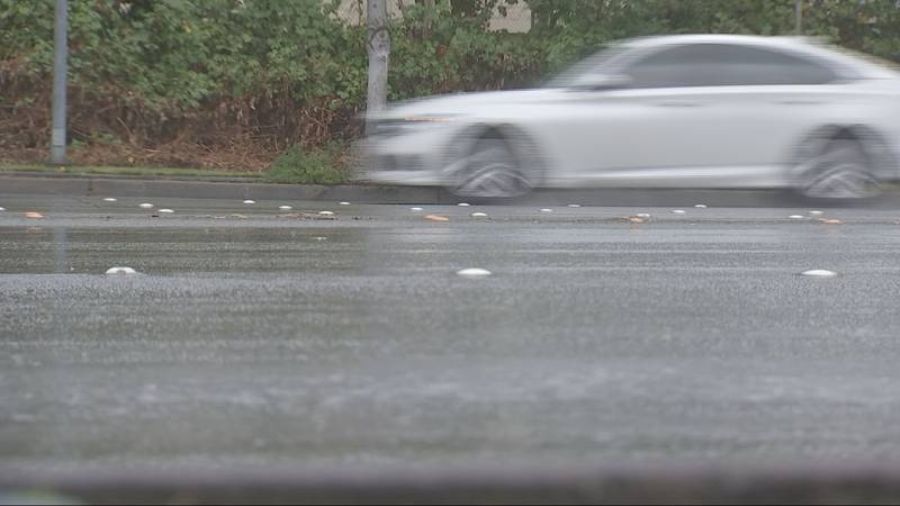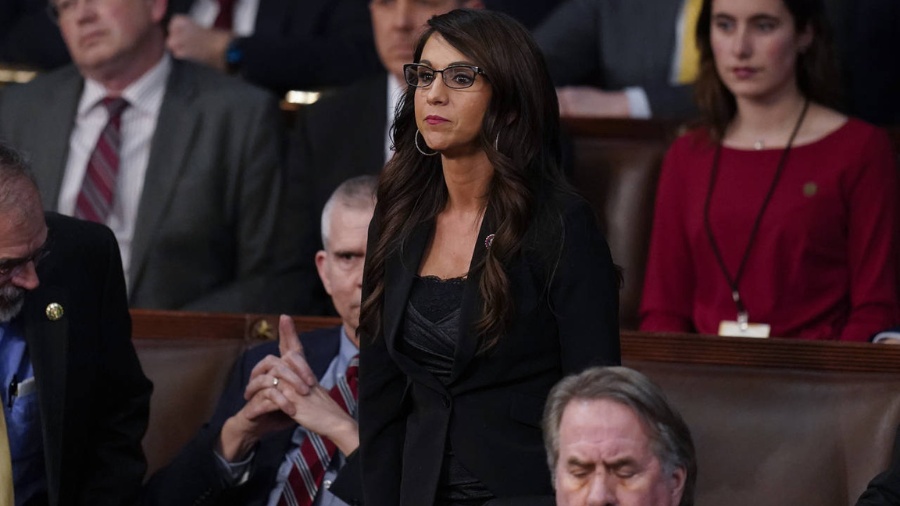Northwest region is currently in an ‘earthquake drought’
Apr 4, 2019, 6:26 AM | Updated: 11:53 am

Anchorage, Alaska was hit by a 7.0 quake late last year. (AP Photo)
(AP Photo)
Everyone once in a while it’s good to check in on the health of tectonic plates, and see if we need to add a few more cans of beans to our emergency supplies.
“The tectonic plates are always in motion, but they move really slowly overall. We like to say that they move at about the same rate as your fingernails grow,” Harold Tobin, director of the Pacific Northwest Seismic Network told Seattle’s Morning News.
“So give it a year, see how long your fingernails would get — that’s how far the North American plate has moved out toward the Pacific. The problem is of course that they get stuck at the edges, and where they’re stuck together they build that strain up.”
RELATED: MyNorthwest earthquake tracker
RELATED: New earthquake map shows Washington’s at-risk buildings
While most earthquake news is all doom and gloom, local seismic activity is rather tepid of late. There’s nothing immediate to worry about, but there’s nothing to feel better about, either.
“We don’t have any short-term — short-term meaning weeks to months to years — precursors that we’re seeing. The general background rate of earthquakes globally is steady and even,” Tobin said. “In our region, we’re in something informally called the ‘earthquake drought,’ meaning there haven’t been so many earthquakes over the past decade or two.”
Is that good news or bad news? Should we root for little tremors hoping that it’s a slow release of pressure, or do we root for zero tremors as a sign that the plates have stabilized?
“It’s completely neutral. There’s no reason to believe that it’s any particular news at all. It turns out the little tremors really don’t relieve any significant amount of pressure,” he said. “The magnitude 8 is 30 times bigger than a magnitude 7; the nine — the big one — is 30 times bigger than the 8. It takes 1,000 sevens to relieve the pressure of one 9.”
RELATED: Earthquake expert says they can’t warn about the ‘Big One’
“In a way, I root for some small, undamaging earthquakes now and then, because the folks around here need a little reminder that preparation is important, and that earthquakes can come.”
Earthquake ‘Shake Alert’ system
While it’s difficult to predict earthquakes, we can create an alert system to give us a warning that one is on the way, even if that warning is a few seconds to a couple minutes. Progress is being made on that front with a recently developed system called Shake Alert.
“The good news is the system itself — to detect big earthquakes and be able to within seconds issue an alert on when it’s started and which areas it’s going to affect — is already in place. It’s not complete for our region; there are gaps in our coverage, but as of this past fall we have a live Shake Alert system,” he said.
That warning would be potentially issued through cellphones and multiple agencies, the timing depending on location. Since earthquakes begin as a slip or rupture on a fault, the ripples spread over the surface like a pebble hitting a pond.
“The earthquake damage that we get is from the shaking — the shaking is actually the ripples,” Tobin said. “The amount of warning that can be give is a function of how far away. If the big one happens offshore in the Cascadia Subduction Zone, that will give us somewhere between — depending on where it begins — 30 seconds to a minute and a half or so, even up to two minutes.”
“It doesn’t sound like much, but it’s enough to do a lot of things.”














